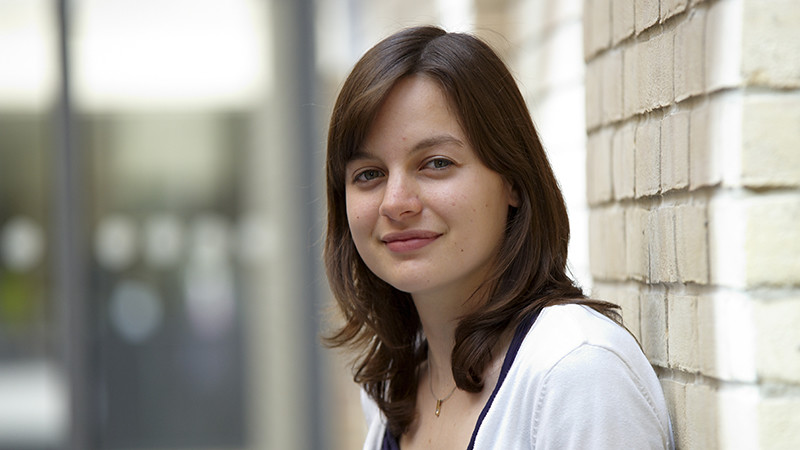What made you decide to study Chemical Engineering?
Originally, I applied for Medicine but didn't get a place. Engineering was a rather quick decision but one of the best decisions I have made; I can't imagine being a doctor now. I knew that I wanted to apply my favourite subjects at school - maths and science - to practical problems so a straight science degree didn't seem right for me. I was initially attracted to civil and chemical engineering, but chose chemical because of the array of career options available to me upon graduation.
What influenced your decision to pursue a career in engineering?
My father was quite a big influence. I have always been quite proud to tell people that he designs electronics for ejection seats; it sounds impressive! Also, he thoroughly enjoys his job and is enthusiastic about manufacturing in general. He treads a fine line between being interesting and a complete bore on the subject because he is so passionate.
Where have you previously worked and how did this lead to your current position?
I've had all sorts of summer and evening jobs, engineering and otherwise. The one that was influential though was a year-long internship with BP. It opened my eyes to the fantastic opportunities within the oil and gas industry and I met many talented, positive and welcoming people. I joined the company upon graduation. The graduate scheme puts you in lots of different roles so I figured that I'd find my niche.
What challenges have you faced in your studies/career and how did you overcome them?
I found the programme content in the first year quite a challenge, maybe because I didn't study A level physics. It didn't put me at a disadvantage though, I still got a good first-year grade and my self-confidence built in the subject year after year. That only came with hard work and determination though. Chemical engineering is not an easy programme, but then nothing worthwhile is ever easy and it's very rewarding.
What aspect of engineering do you particularly enjoy?
The big picture. The modern world simply would not function without engineers designing, building or operating the everyday things that we take for granted - energy, cars, aeroplanes, bridges, pharmaceutical products and more. I don't think I could be as interested in a job that doesn't have a physical end result. On a smaller scale, I enjoy the day-to-day activities such as figuring out problems with other engineering disciplines, running simulations and getting into the detail of engineering drawings. This is in the context of a large international company so I also get to learn about the safety, political, environmental and financial drivers behind my work.
What are your career plans for the future?
That's a hard question. Right now, I enjoy working as a Flow Assurance Engineer on big projects and would like to continue doing that for the time being. I basically make sure that oil and gas keeps flowing through pipes, subsea, by using chemicals and designing to avoid certain temperatures and pressures. I get to communicate with lots of different engineering disciplines, I learn something new every day, and it's quite technical - I like those things.
Who knows where engineering will take me in the future; there are still so many options open to me. I'm only two years into my career. I can't predict which job role I'll be in or even which continent in ten years time. That's healthy I think, I don't like to map my life out.
What advice would you give to young women interested in studying engineering?
It's a vast subject so I would suggest researching lots of different engineering roles - talk to engineers about their jobs, use the internet, get some work experience. Also, be honest with yourself about what you really care about - that includes working hours, career progression and location. I wouldn't think too hard about the fact that you are female, just go with engineering if it interests you. Engineers aren't one type of person. There are generalists and specialists, loud and quiet, managers and number crunchers.
If you're not exactly sure what you want to do in the future (I'd be surprised if you did!), studying engineering gives you options. Engineers are in demand. I can't think of one person in my graduation year who didn't get a graduate level engineering job if they wanted one. And, if at the end of your programme you decide that engineering isn't right for you after all, so many career options are still open: finance, supply chain management, consultancy, patent attorney - the list goes on. Good luck deciding on your path
